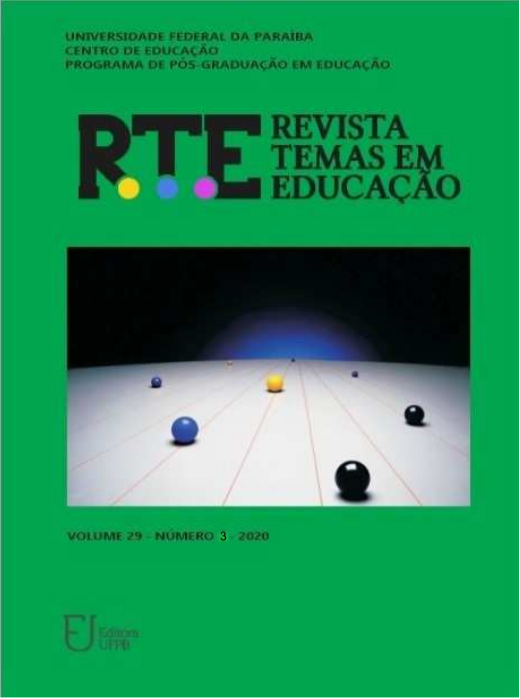CONSERVATIVE OFFENSIVE AND EDUCATION IN URUGUAY
CONSERVATIVE OFFENSIVE AND EDUCATION IN URUGUAY
DOI:
https://doi.org/10.22478/ufpb.2359-7003.2021v30n1.55757Keywords:
Education, Conservatism, Post-politics, Post-ideologyAbstract
This article addresses some aspects of the conservative offensive currently underway in Uruguayan education through the analysis of two types of phenomena: a) a set of changes promoted in educational legislation during 2020; b) the use that government authorities have developed of the principle of secularism. Based on a conceptual framework sensitive to the discursive construction processes that dispute hegemonic meanings at a social level, the article pays attention to the post-political and post-ideological manifestations that characterize the conservative offensive. From the methodological point of view, the work is carried out with documentary sources (parliamentary acts, legal texts, official resolutions by educational authorities and expressions by key actors). The article as a whole aims to provide elements for the understanding of the effects that the deployment of a conservative discourse has been producing in the Uruguayan case in order to show its particularities in the broader context of deployment of conservatism at a global level.
Downloads
References
Downloads
Published
How to Cite
Issue
Section
License
Authors who publish in this journal agree to the following terms:
. Authors retain the copyright and grant the journal the right to first publication, with the work simultaneously licensed under the Licença Creative Commons Attribution that allows the sharing of the work with acknowledgment of authorship and initial publication in this magazine. . Authors are authorized to assume additional contracts separately, for non-exclusive distribution of the version of the work published in this journal (eg, publishing in institutional repository or as a book chapter), with acknowledgment of authorship and initial publication in this journal.
. Authors are permitted and encouraged to publish and distribute their work online (eg in institutional repositories or on their personal page) at any point before or during the editorial process, as this can generate productive changes, as well as increase impact and citation of the published work (See O Efeito do Acesso Livre).



















